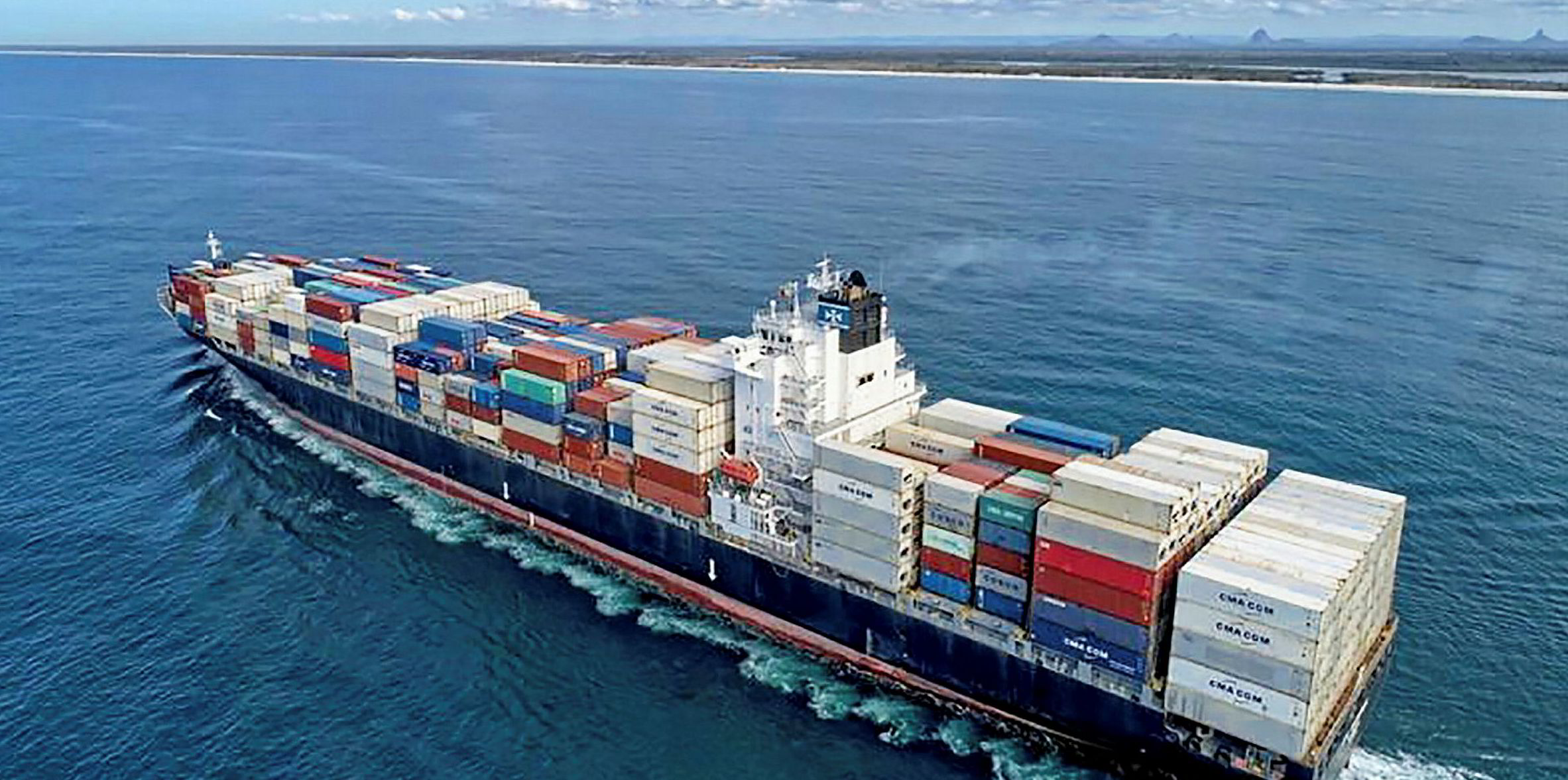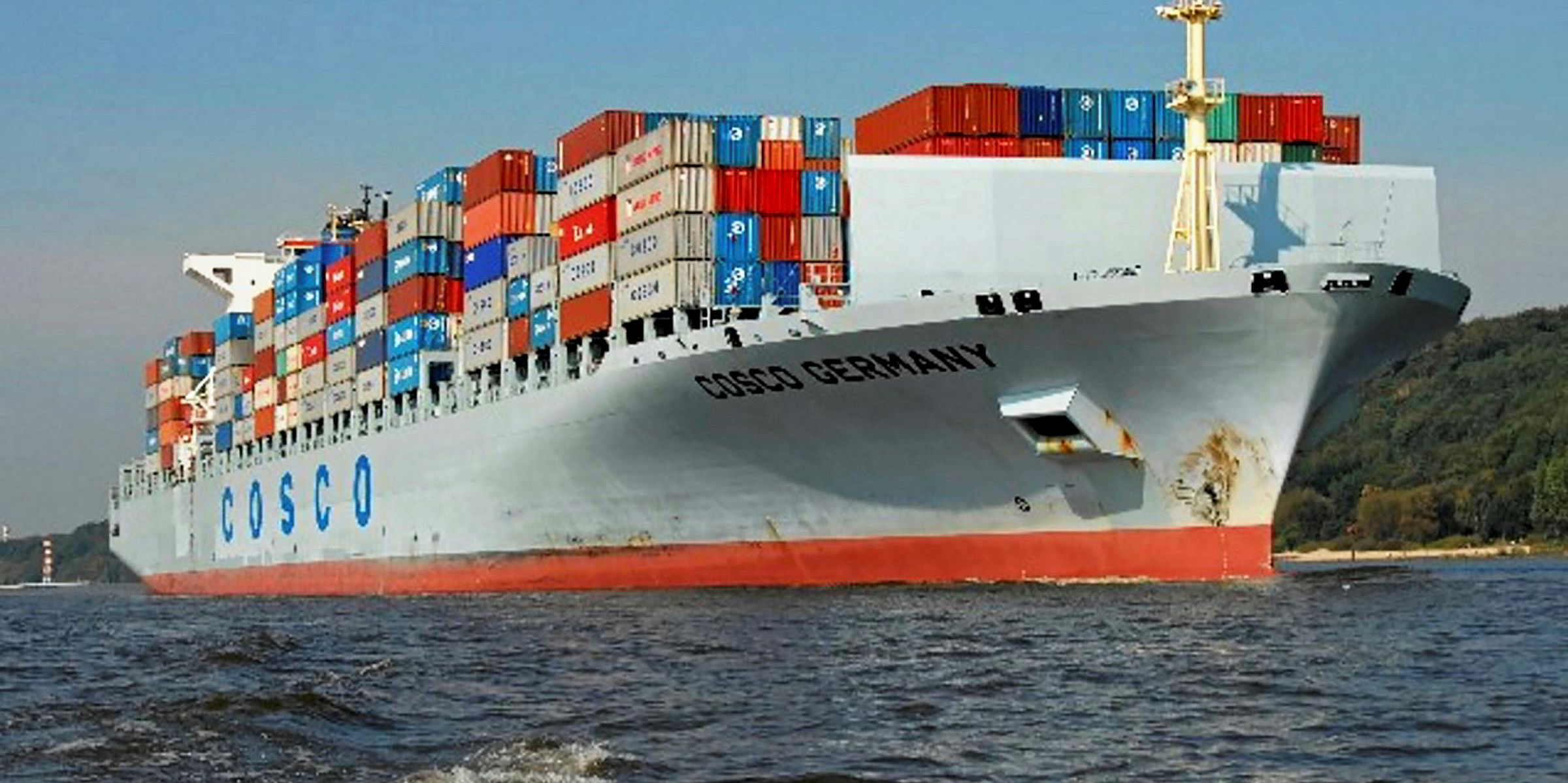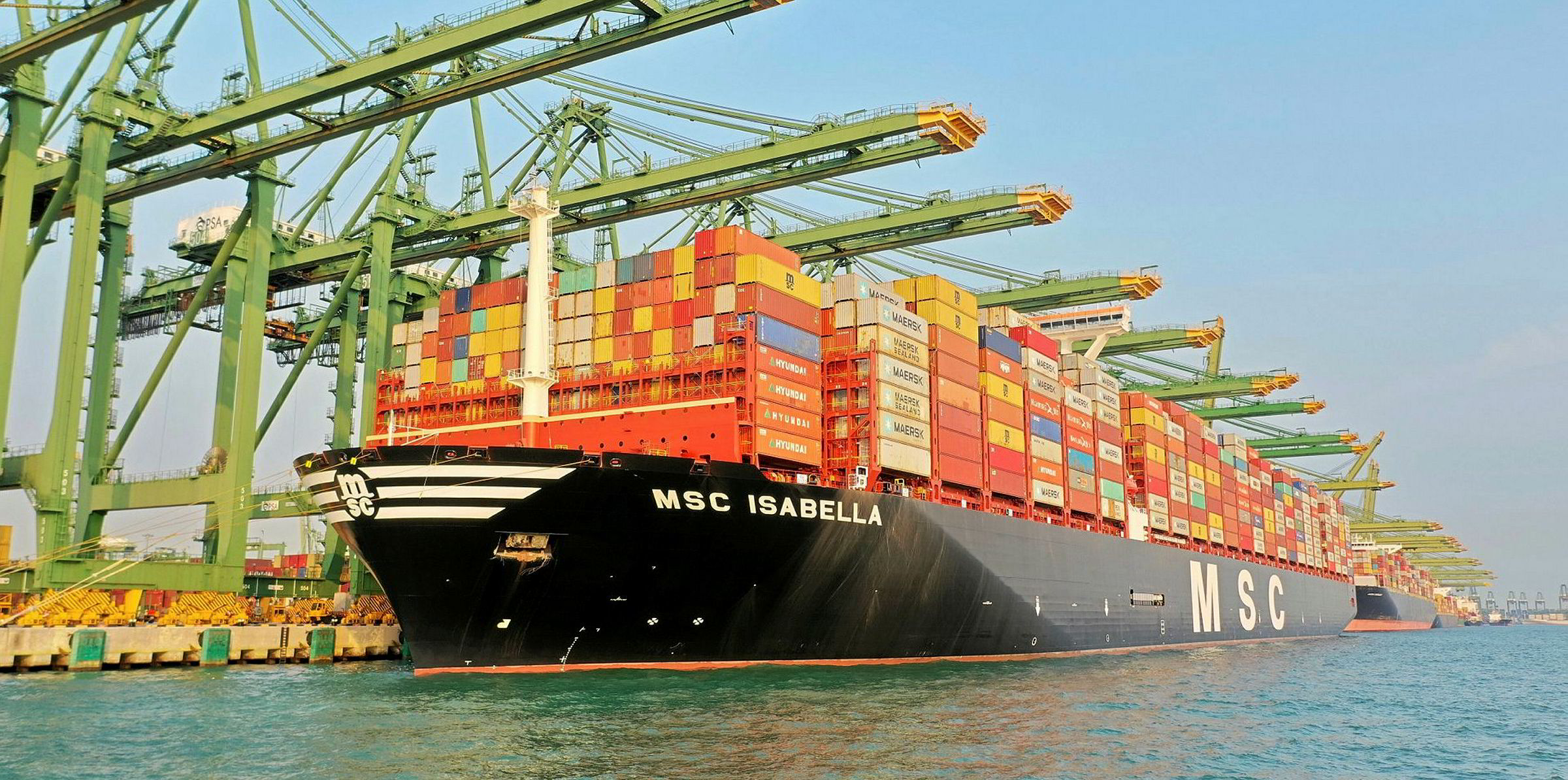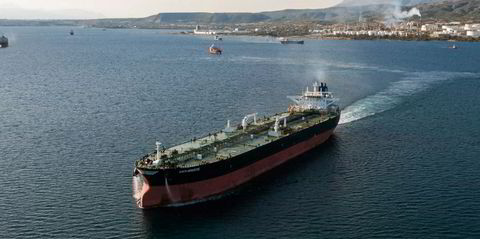Containership charter rates are in "free-fall" due to the slump in demand caused by the coronavirus.
However, shipowners are not yet ready to put their ships into hot lay-up in anticipation of a sharp recovery of volumes.
Rates have plunged to their lowest levels in three years and larger containerships and traditional panamaxes have been particularly hard hit, growing numbers of idle ships
But the pain is felt across the board with falling charter rates in all sectors of the boxship market.
Rates for traditional panamaxes of 4,250 teu have fallen by about one-fifth, or $2,000 per day, in the past fortnight.
The 4,255-teu Harpy Hunter (built 2009) has been fixed for one to four months by Asian operator TS Lines at $8,000 per day. The ship had previously been earning $15,000 per day on charter to South Korean operator HMM.
Even in March, traditional panamaxes were earning $12,000 to $13,000 per day.
But the number of spot ships has surged by 60% in the past three weeks, with about 34 vessels of this size out of a job, according to Alphaliner estimates.
No lay-up
Rates have not yet reached a level where Belgian owner CMB feels it needs to lay-up its containerships.
Maxime Van Eecke, who heads CMB's liner division Delphis, said: "We're not doing it yet.
"If you are to take these decisions, you're basically taking the position that the ship will not have any employment or will not sail for the next two to three months."
In CMB's view, that is too short a time. A minimum of three months is needed to recover costs associated with laying-up ships, Van Eecke said.

Like many other boxship owners, he is hopeful of a recovery in demand in the coming weeks.
"There's almost certainly going to be a spike in volumes going forward," Van Eecke said.
"Some people are hoping it's going to start at the end of June, and that will basically translate in more demand. The question will be then be: how long will it take to soak up all the ships that are idle today?"
Record high
Weak demand, induced by the coronavirus crisis, has pushed the inactive fleet up to a record high, according to Alphaliner.
The total inactive capacity reached 2.4m at the end of April, with scrubber installations accounting for 716,000 teu, or 30% of the total idle fleet, it said.
Excluding ships undergoing scrubber retrofitting, the inactive fleet stands at a record high of 1.68m teu — surpassing the peaks of 1.59m teu in 2016 and 1.52m teu in 2009, when charter rates sank to historic lows.
Another broker estimates that in terms of vessel numbers, the last time idle ships made up more than 10% of the fleet was in January 2010.
'Free-fall'
Right now, there is little sign of an improvement in charter rates.
The New ConTex index, which measures period rates for containerships of 1,100 teu to 6,500 teu, slumped to 346 points on 12 May, which is its lowest level since March 2017.
"The market is in free-fall now, unfortunately," one German broker said.
Demand has evaporated for larger container vessels after liner operators blanked a record number of sailings.
"Charterers continue to redeliver the ships they can and reorganise their owned tonnage into their dwindling services," the New ConTex said.
Bunkers hit eco-ships
Even modern, eco-designs are securing withering rates.
This includes the 5,400-teu Wide Juliet (built 2015) — one of 16 ships of the Hanjin 5400 wide-beam design — fixed to Mediterranean Shipping Co for 12 months at $12,500 per day.
The fixture is about 25% lower than March rates, but this may be justified as the charter provides some coverage for the vessel's owner, Oaktree Capital Management, over the next 12 months, brokers believe.
However, the retreat in eco-vessel earnings has been "sharper and more sudden than anticipated", Maritime Strategies International said.
"The obvious driver has been the collapse in bunker prices, and these are likely to remain low for some time," the data provider said.
The charter market will remain under pressure for the short term, according to Braemar ACM.
The shipbroker attributes this to "more available tonnage, and liner companies likely to reduce their charter exposure during this time of global uncertainty".







